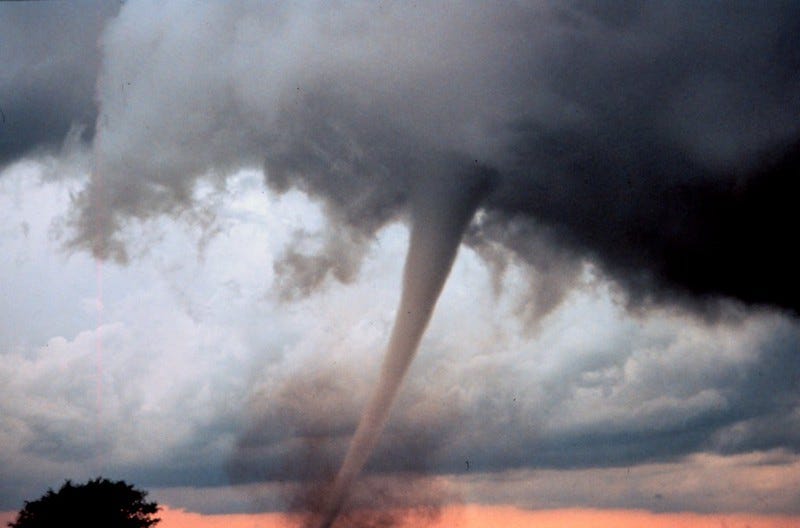Data driven: Climate denier bots are busy
Research shows bots play a big role in the denial of climate change and climate science on one of the world’s most influential communication platforms

(George Barker is a journalism/CS major at Northeastern University. He’s worked for the Harvard Business Review and as campus and sports editor for The Huntington News.)
BOSTON (Callaway Climate Insights) — Roughly one in four original tweets discussing climate change one month before and after the U.S. States withdrew from the Paris Agreement was an automated bot, according to researchers from New York University and Brown University.
During the social media firestorm that occurred during the days immediately after former President Donald Trump withdrew the U.S. from the Paris Agreement in June of 2017, that proportion dipped to 17% as real users were more active, suggesting that bot traffic occurred at a stable clip and did not respond to increased real-life interest.
While bot traffic in general disrupts discourse, the most concerning revelations of their research was that 38% of tweets registered by the researchers as “fake science” were from bots and tweets classified as related to “denial research” were 18% more likely to be from bots. This indicates that bots play a large role in the denial of climate change and climate science on one of the world’s most influential communication platforms. The paper notes that public relations offices have been found to use Twitter (TWTR) bots in the past and asserts that countries with major fossil fuel interests could be sources of the bot traffic, but was careful to note that speculations on the sources of the bot traffic are outside the scope of their work. Twitter is a massive platform for the sharing of news and hosting public discussion, so the influence of automated bots with climate change denying tendencies is worth addressing to reduce its science manipulating effects.

